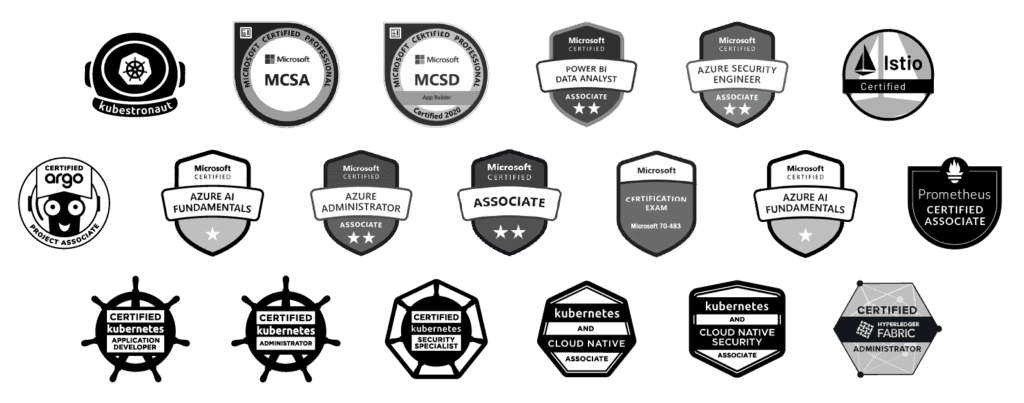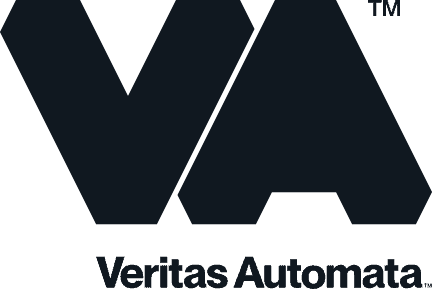However, as the complexity of Kubernetes environments grows, so does the need for smarter, more efficient management. This is where Artificial Intelligence (AI) comes into play. In this blog post, we will explore the intersection of Kubernetes and AI, examining how AI can enhance Kubernetes-based container orchestration by automating tasks, optimizing resource allocation, and improving fault tolerance.
Kubernetes is known for its flexibility and scalability, allowing organizations to deploy and manage containers across diverse environments, from on-premises data centers to multi-cloud setups. This flexibility, while powerful, also introduces complexity.
Managing large-scale Kubernetes clusters involves numerous tasks, including:
- Container Scheduling: Deciding where to place containers across a cluster to optimize resource utilization.
- Scaling: Automatically scaling applications up or down based on demand.
- Load Balancing: Distributing traffic efficiently among containers.
- Health Monitoring: Detecting and responding to container failures or performance issues.
- Resource Allocation: Allocating CPU, memory, and storage resources appropriately.
- Security: Ensuring containers are isolated and vulnerabilities are patched promptly.
Traditionally, managing these tasks required significant manual intervention or the development of complex scripts and configurations. However, as Kubernetes clusters grow in size and complexity, manual management becomes increasingly impractical. This is where AI steps in.
Artificial Intelligence has the potential to revolutionize Kubernetes management by adding a layer of intelligence and automation to the ecosystem. Let’s explore how AI can address some of the key challenges in Kubernetes-based container orchestration:
Automated Container Scheduling
AI algorithms can analyze historical data and real-time metrics to make intelligent decisions about where to schedule containers.
This can optimize resource utilization, improve application performance, and reduce the risk of resource contention.
Dynamic Scaling
AI-driven autoscaling can respond to changes in demand by automatically adjusting the number of replicas for an application.
This ensures that your applications are always right-sized, minimizing costs during periods of low traffic and maintaining responsiveness during spikes.
Intelligent Load Balancing
AI-powered load balancers can distribute traffic based on real-time insights, considering factors such as server health, response times, and user geography.
This results in improved user experience and better resource utilization.
Proactive Monitoring and Remediation
AI can continuously monitor the health and performance of containers and applications.
When anomalies are detected, AI can take automated actions, such as restarting containers, rolling back deployments, or notifying administrators.
Resource Optimization
Security Enhancements
Case Study: KubeFlow and AI Integration
One notable example of AI integration with Kubernetes is KubeFlow. KubeFlow is an open-source project that aims to make it easy to develop, deploy, and manage end-to-end machine learning workflows on Kubernetes. It leverages Kubernetes for orchestration, and its components are designed to work seamlessly with AI and ML tools.
KubeFlow incorporates AI to automate and streamline various aspects of machine learning, including data preprocessing, model training, and deployment. With KubeFlow, data scientists and machine learning engineers can focus on building and refining models, while AI-driven automation handles the operational complexities.
- AI Expertise: Implementing AI in Kubernetes requires expertise in both fields. Organizations may need to invest in training or seek external assistance.
- Data Quality: AI relies on data. Ensuring the quality, security, and privacy of data used by AI systems is crucial.
- Complexity: Adding AI capabilities can introduce complexity to your Kubernetes environment. Proper testing and monitoring are essential.
- Cost: AI solutions may come with additional costs, such as licensing fees or cloud service charges.
- Ethical Considerations: AI decisions, especially in automated systems, should be transparent and ethical. Bias and fairness must be addressed.
The marriage of Kubernetes and Artificial Intelligence is transforming container orchestration, making it smarter, more efficient, and more autonomous. By automating tasks, optimizing resource allocation, and improving fault tolerance, AI enhances the management of Kubernetes clusters, allowing organizations to extract more value from their containerized applications.
As Kubernetes continues to evolve, and as AI technologies become more sophisticated, we can expect further synergies between the two domains.
The future of container orchestration promises a seamless blend of human and machine intelligence, enabling organizations to navigate the complexities of modern application deployment with confidence and efficiency.











